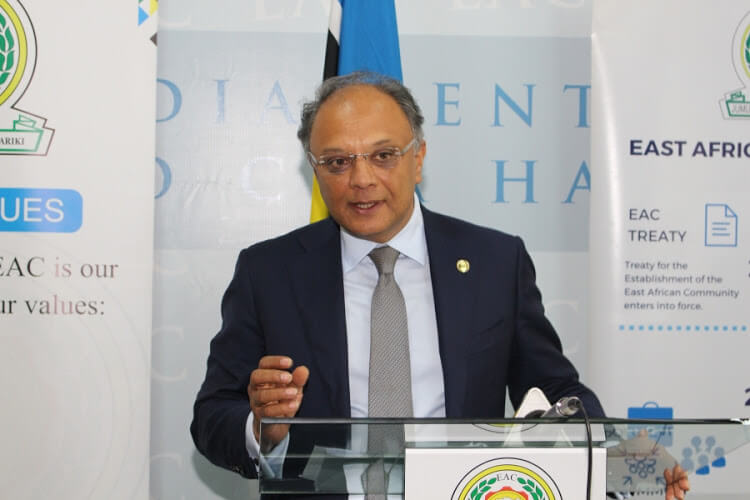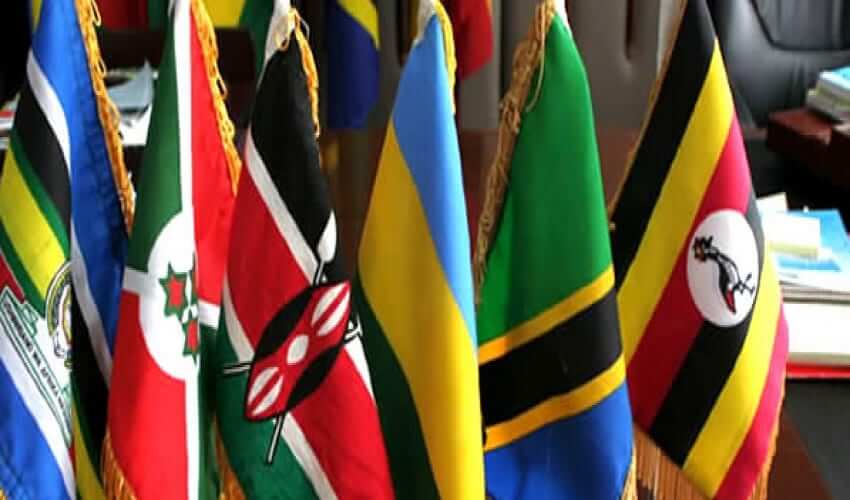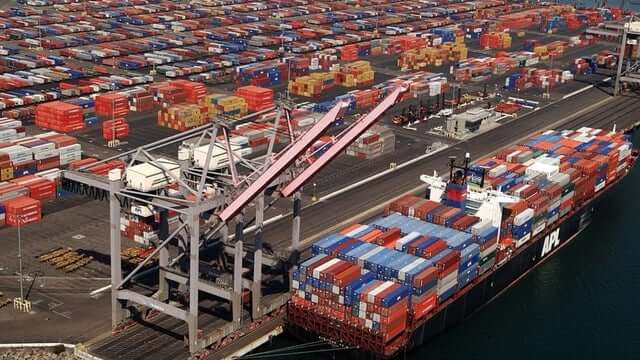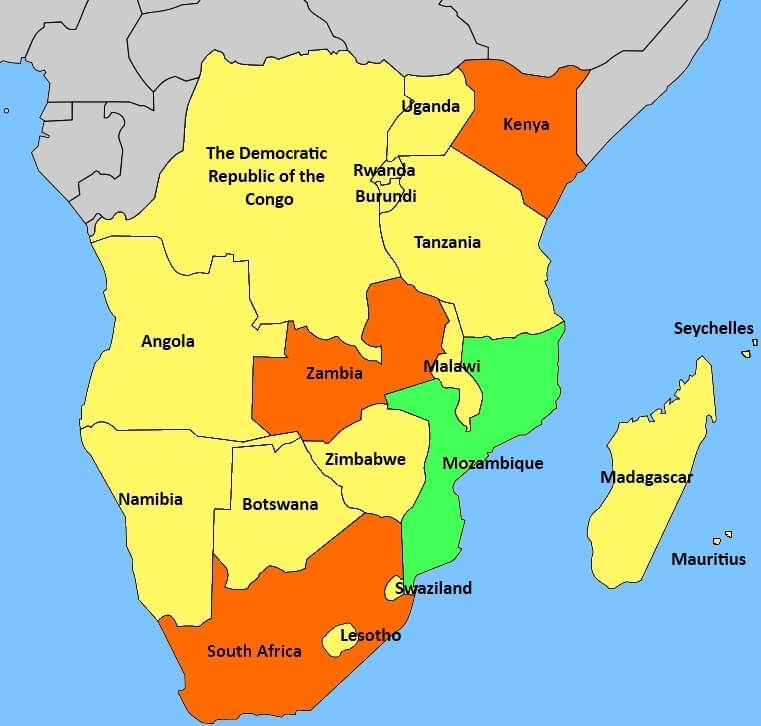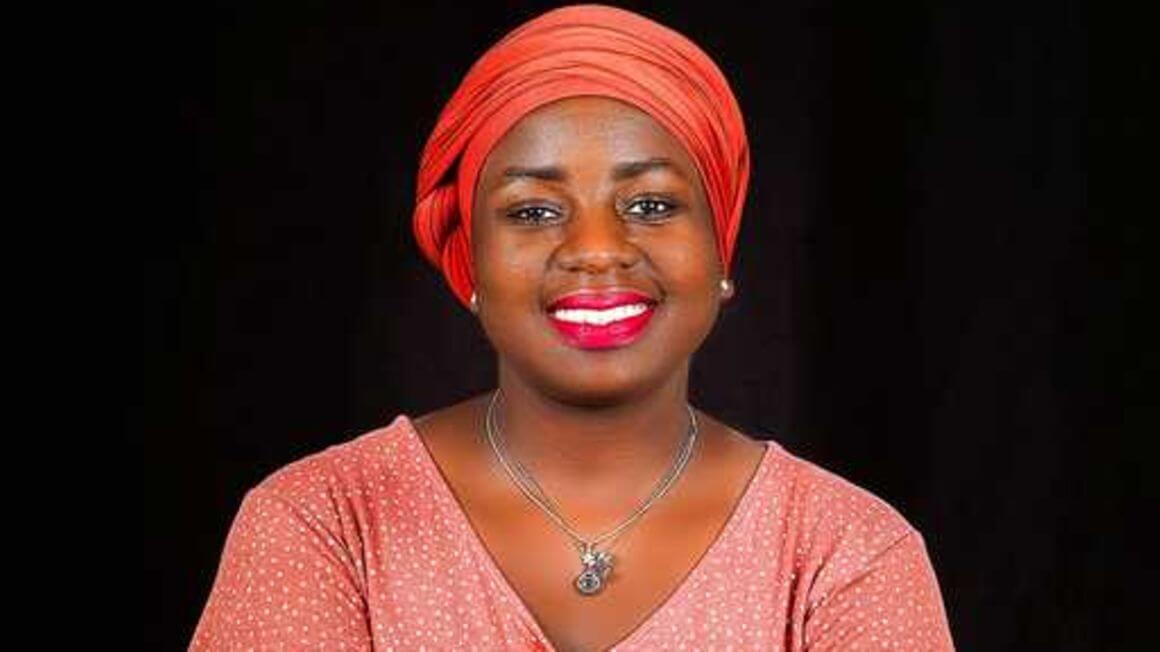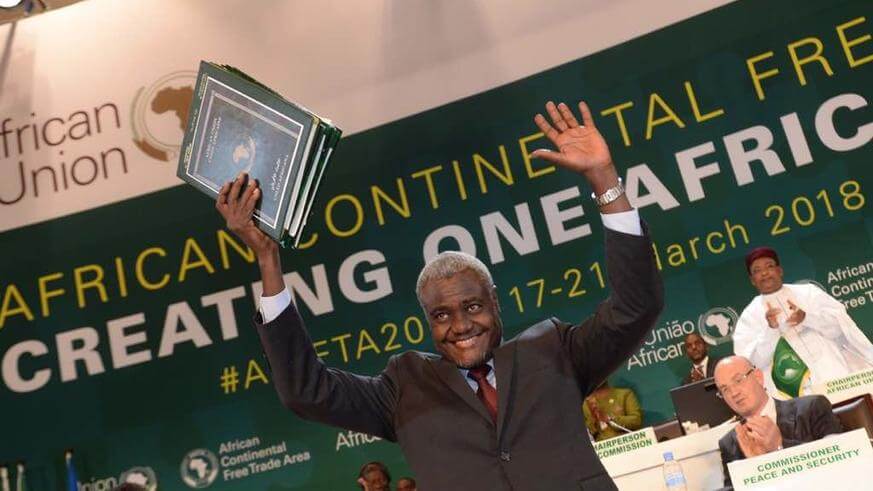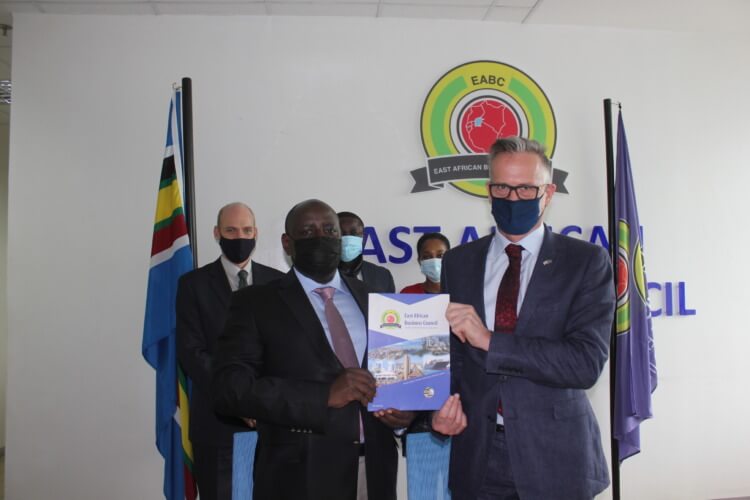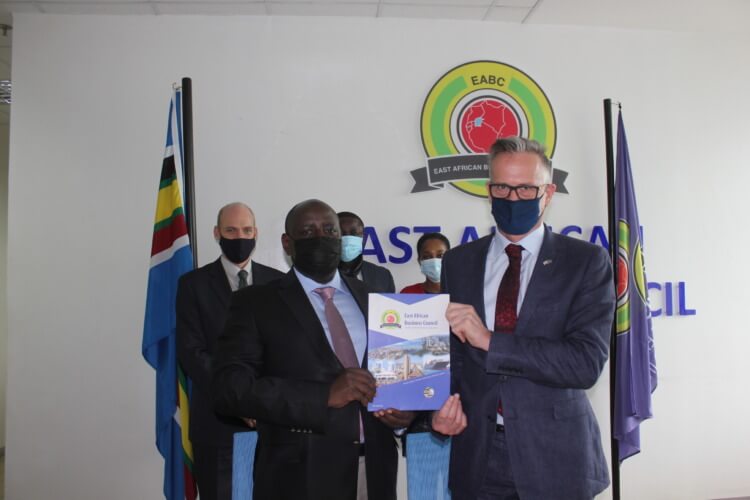In Summary Kenya’s Principal Secretary for East Africa Community, Kevit Desai, said that the region was putting in place strategies to ensure economic recovery in all partner states. The Principal Secretary also said that the EAC budget for the Financial Year 2021/2022 will also prioritize Private Sector engagement by putting in place appropriate strategies to ensure the private sector takes an active and participatory role in the EAC integration agenda. East Africa countries will focus the 2021-2022 financial year with a focus on economic recovery through industrialization and inclusive growth following the adverse effects of the Covid-19 pandemic on the region. Kenya’s Principal Secretary for East Africa Community, Kevit Desai, said that the region was putting in place strategies to ensure economic recovery in all partner states from the destructive effects of the Covid-19 pandemic. “As a region, we have witnessed the devastation created within the economies of the partner states, including the fall in intra-regional trade, job losses, limited mobility within the region, and loss of lives,” said the PS. Desai, who is also the Chairperson of the Coordination Committee that brings together Permanent, Principal, Under Secretaries for EAC Affairs in the Partner States, was addressing the media at the EAC Headquarters in Arusha on Monday. Desai said that intra-regional mobility has further been hindered by the Covid-19 mitigation measures that require travellers to have valid test certificates to travel within the region and often times subjected to double testing - before departure and upon arrival at the destination...
EAC to focus on economic recovery in the current financial year
Posted on: July 12, 2021
Posted on: July 12, 2021

